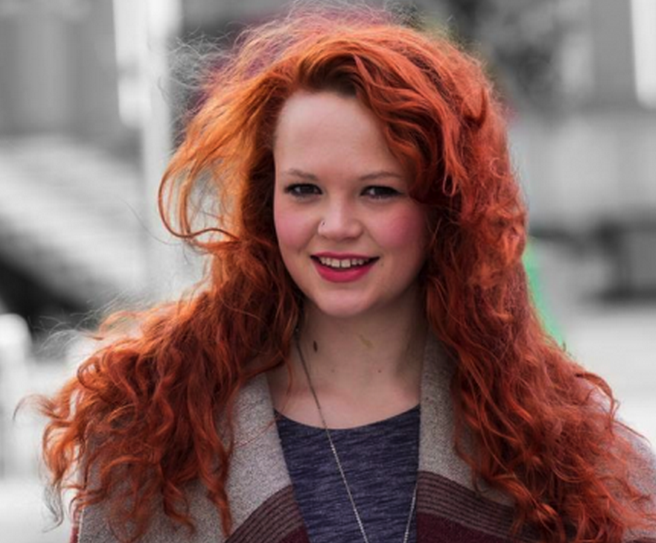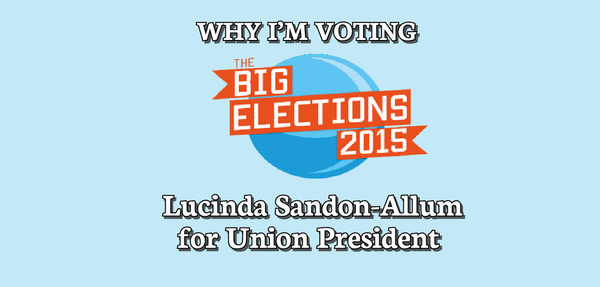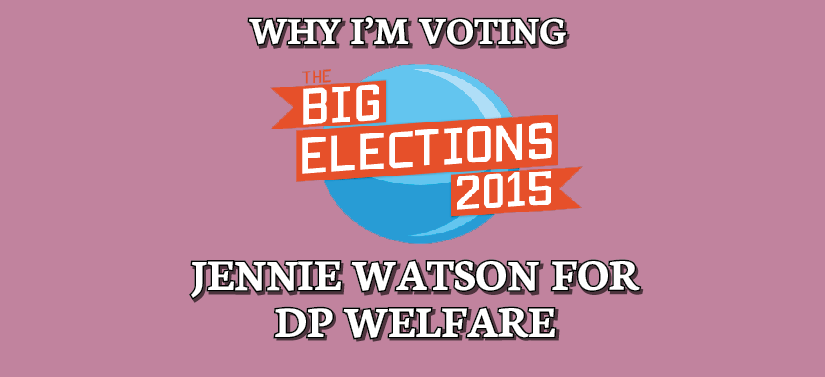Felix Interviews Deputy President (Welfare) Candidate: Jennifer Watson
Felix asks why they are running for the role

Voting is now open! Click here to take part now.
Already voted? Take part in our exit poll to tell us who you voted for!
What made you run for this position?
I love being ICSMSU Welfare. Although occasionally emotionally challenging, it’s been incredibly rewarding. I am good at this job. I care for students and some trust me with their deepest feelings and worries, a privilege and duty I take very seriously. I have a strong record of getting things done and have already achieved a lot this year whilst juggling fifth year firms and a job; however I often find myself thinking how much more I could do with more time. I ran for ICSM Welfare after a long battle with depression, anxiety and a large number of bereavements. I don’t want to leave Imperial knowing that I could have done more to improve things for current and future students.
What is the main change you would like to implement if elected?
Mental health support at Imperial is frankly a joke. Students wait several weeks to receive essential support. Students are offered minimal regular appointments with the counselling service and are not guaranteed to see the same person each time. Any kind of counselling is dependent on the relationship, making the current system unacceptable. Funding for the service has been decreased and frozen in recent years. I plan to push for an unfreezing of funding and employment of at least one other counsellor. Although nothing can be done about waiting times at ICHC without becoming managing director of the NHS, I believe they can be far more proactive when advertising some of their support services such as mindfulness and stress management workshops.
What is your favourite thing about Imperial?
Imperial has an incredibly diverse population with the highest number of clubs and socs of any university and a huge international community. I have met such a huge variety of different people from all walks of life – I love hearing their stories and learning from my fellow students. The LGBT group Imperial 600 is highly successful and a model I would be interested in developing for BME student representation. That said, I was recently very disappointed to see that several liberation officer positions will be unfilled at the end of this election. If elected I intend to investigate the reasons behind this as I believe all student groups should feel empowered and fully represented by the Union at all levels.
What is the biggest challenge you foresee in the next year?
By all accounts some members of full time Union staff can be very difficult. Current and previous sabbs have told me stories about permanent staff ignoring the views of elected sabbs and students to pursue their own agendas. In my mind this is not how a STUDENTS’ union should be run. Although it may be difficult at first due to being a newbie in the union office, I refuse to be “strong armed” as one sabb put it into bending to the will of other staff if their decisions are contrary to the views of the students. I am well known for tenacity and have the strength of mind and conviction to go head to head with most people.
How exactly do you plan to lobby college for affordable halls, considering the College and Council have only just jointly agreed to reduce the prices of rooms in Woodward halls?
Although College may have agreed to reduce prices in Acton, halls close to campus will still be the preserve of students from more affluent backgrounds. This risks a two class system in College with students from more modest backgrounds being forced out to Woodward. This potentially places them at an academic and social disadvantage due to the amount of time lost travelling to lectures and social and departmental events. I plan to continue to work with Council and the Union President to lobby College to look at more innovative ways to reduce costs in halls. I believe pressure on College in the right places has potential to stimulate further positive changes.
What are the issues you see with “personal tutor selection and training” that require them to be reviewed?
There is plenty of anecdotal evidence that the personal tutor system is abysmal and largely ineffective. Tutors are selected seemingly at random, receive very little training and according to students many do not know what services are available. There is also very little incentive for tutors to do a good job. I propose that personal tutors go through an interview process and at the very least receive detailed training packs, if not attend a mandatory training session. In terms of incentivising, ICSM has had a lot of success with its annual Personal Tutor Awards where exemplary personal tutors are recognised for their work.
What exactly are the peer support networks in ICSM that you wish to extend “to the whole of College?”
This year I launched Mind Matters in ICSM an open forum for students to come and discuss mental health issues in an informal, non-judgemental environment. The groups aim to reduce the stigma surrounding mental illness by encouraging students to share experiences and coping strategies as well as raise awareness of support services. Students say they have found it helpful to see that they are not alone as well as the catharsis that comes with speaking openly. I’ve also been experimenting with setting up students in difficulty with mentor type figures in older years with similar past experiences. This has worked beautifully with some of my very difficult cases and feedback from all involved has been extremely positive.








